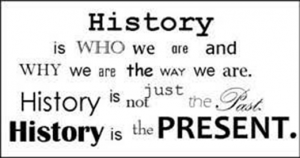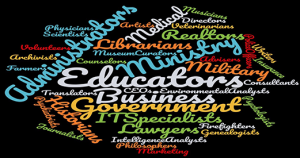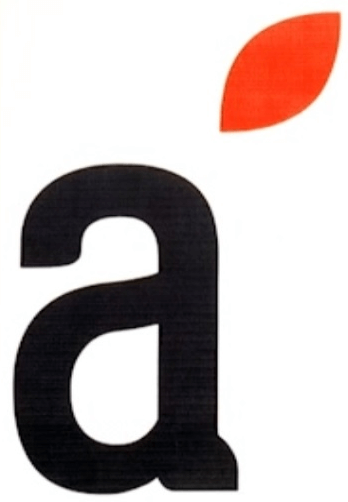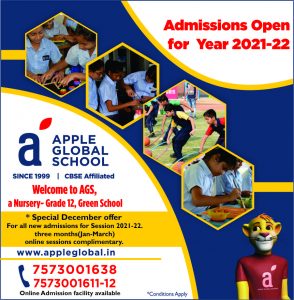
History Subject Skill
History is one of those “required” subjects that many students describe as dull and boring. But learning history can be fun and exciting, especially if you approach it with the right attitude. In addition History Subject provides knowledge of the past, studying history helps develop transferable skills that will prepare you for a variety of career opportunities down the road.
So now that you’re pumped about learning history, let’s explore some useful techniques and strategies that will improve the effectiveness of your studying.

The study of history is important because it allows one to make more sense of the current world. One can look at past economic and cultural trends and be able to offer reasonable predictions of what will happen next in today’s world. One can also understand why some rules exist in the modern world. For example, one can understand the importance of the social welfare programs if one looks at the Great Depression and New Deal. We can also look back on the Civil Rights movement and see why the United States puts so much effort into creating a system where everyone is equal before the law and has equal access to public amenities. History also allows us to see how the United States gradually created the Constitution after it had just fought a war against a central government that did not care for colonial interests. Without a background in history, one does not appreciate why the Constitution was revolutionary for its time. More broadly, history enables us to understand different cultures.
If those are not good reasons for studying history, one can study history because it allows one to exercise their critical thinking skills. These critical thinking skills are important for all areas in life, academic and otherwise. Historians also write a great deal; a study of history allows one to practice writing for different audiences.
Studying history is important because it allows us to understand our past, which in turn allows us to understand our present. Studying history can provide us with insight into our cultures of origin as well as cultures with which we might be less familiar, thereby increasing cross-cultural awareness and understanding.
History is based on a chronology of events. The order in which events occur is central to the study of history. Consequently, it’s very important that your notes are in chronological order. When organizing your notes, divide them by (1) topic, (2) then years, (3) decades, and (4) centuries.
History is full of facts, events, and details. In fact, there is so much information to learn and memorize it may seem impossible at times. One of the keys to studying and learning history is to establish connections between facts. The best way to do this is to start by developing an understanding of the big picture and then working your way down to the detail. During your lectures, and while reading your textbook, always try and place events, facts, and details within the context of the big picture. How do they fit in? Why are they important to what’s going on? How do they support the sequence of events occurring? There isn’t anything you can’t memorize or learn if you employ this technique.
Mind Maps is another effective strategy for visualizing historical information at a glance and making connections. Mind mapping literally enables you to map out historical information, events, and ideas using symbols, words, colors, and images in a logical manner that brings clarity, improve understanding, and will enable you to memorize large amounts of information.
After creating your mind map, develop the ideas and connections you now see into usable notes. Then compliment your notes with what you pick up from reading your textbook and listening to classroom lectures.

Prepare assignments before attending class.
The following are keys to effective note-taking in your History class.
- Arrive at class having completed all assigned readings. The more prepared you are when you arrive at class the easier it will be for you to follow along and take good notes. Typically, your Educator will discuss topics that appeared in your textbook. If you’re already familiar with the topic being discussed and took good notes as you read you’re textbook, you won’t need to write everything down. As you listen to your professor’s lecture, simply compliment you’re reading notes with new information and insights you learn during the lecture.
- Pay attention to which topics are important to your Educator. Some Educator is direct and will tell you which points and topics are more important than others, while others will not. It’s your job to determine which the most important points are made during a lecture. If in doubt, raise your hand and ask.
- Your notes should be legible and organized. It doesn’t do any good to take notes that you can’t go back and review later. Immediately after each lecture, review your notes to make sure you understand everything you wrote down while the lecture is still fresh in your mind. If something you wrote down is unclear, clarify it. Organize your notes by topic, then years, decades, and centuries. Use Asterisks, arrows, and other notation devices to identify information that is really important.
- Always record the date and title for each lecture in your notes. Recording the date and title in your notes for each new lecture will allow you to refer back to specific lectures when writing an essay or preparing for an exam. Also, make sure Your notes follow the order in which your Educator presented information during the lecture.
- Pay attention during movies. Rarely will your Educator show a film during class for purely entertainment purposes. If your Educator has scheduled a film, pay attention, and take notes. It’s very likely that your next exam or essay will ask you to consider a specific topic that was addressed in the film. If you’re not sure if you need to take notes, ask your Educator.
Many of the skills and strategies required to study history are the same as those used to study other subjects. If you want to improve your study skills and performance in your history class.
How to study History Subject further at the College level?
Most undergraduate history courses are three or four years long, depending on norms in the country of study. History degrees generally offer a very wide range of modules, starting with foundational courses in the first year, and then progressing to more specialized options.
Studying history is not just about memorizing the facts of historical events. It also involves analyzing the overall impact of historic occurrences, trends, and artifacts on the world – for example, how various revolutions and civil wars have shaped Particular countries’ governments into what they are now, or how a strain of belief has developed to influence contemporary thinking.
Assessment by written assignments, which usually involves analyzing different arguments, often in response to a starting statement. You may also sit examinations, either at the end of your degree or at intervals throughout. Your studies will conclude with a dissertation focusing on a specialized area of interest, in which you’ll need to put forward an in-depth discussion and analysis of a set topic – usually of your own choice.
Career paths by learning History Subject include:
- Academic researcher
- Heritage manager
- Historic buildings inspector/conservation officer
- Museum education officer
- Museum/gallery curator
- Museum/gallery exhibitions officer
- Academic librarian
- Archaeologist
- Broadcast journalist
- Civil Service administrator
- Editorial assistant
- Human resources officer
- Information officer
- Marketing executive
- Policy officer
- Politician’s assistant
- Solicitor
I believe History is the study of change and development in society over time. The study of history enables us to understand how past human action affects the present and influences our future, and it allows us to evaluate these effects.
History helps us understand change and how the society we live in came to be. The second reason history is inescapable as a subject of serious study follows closely on the first. The past causes the present, and so the future.



